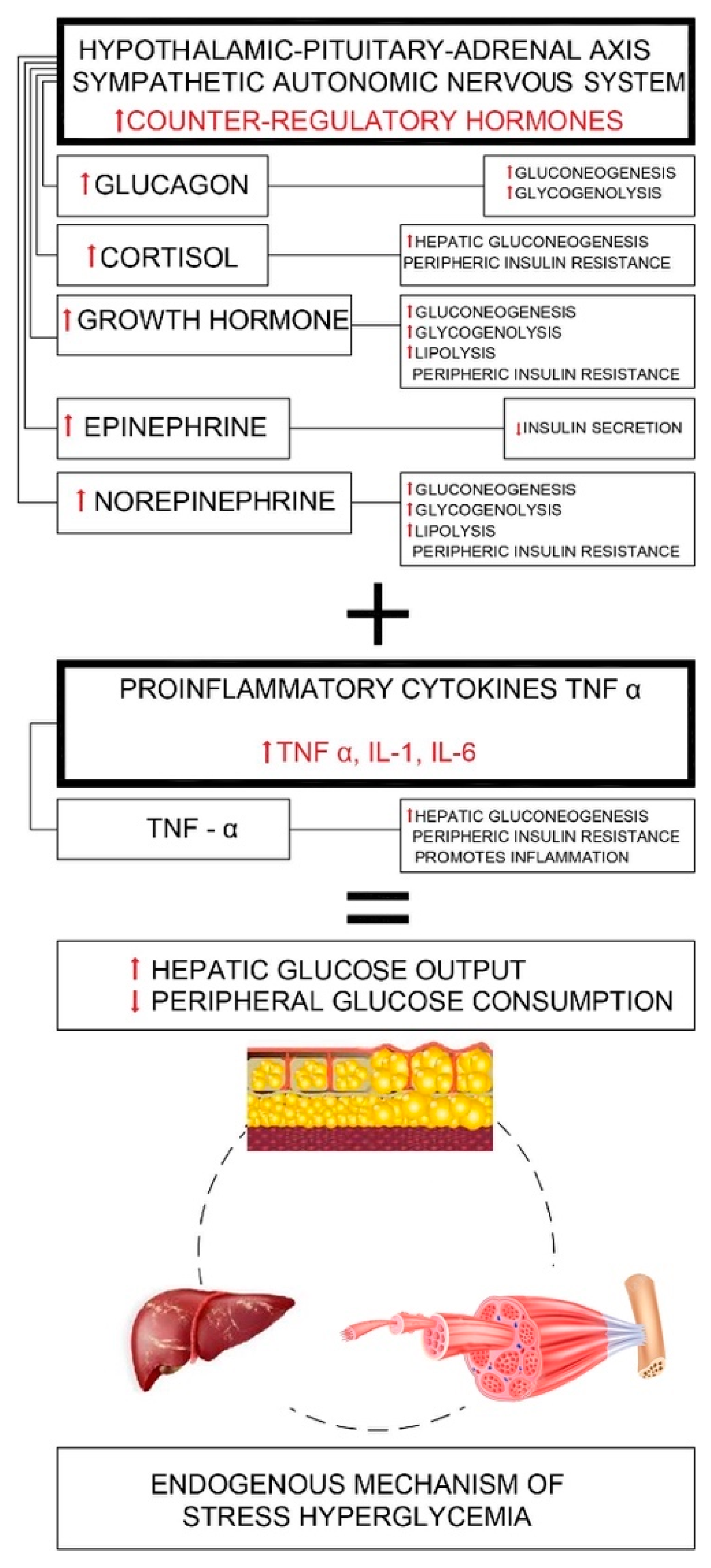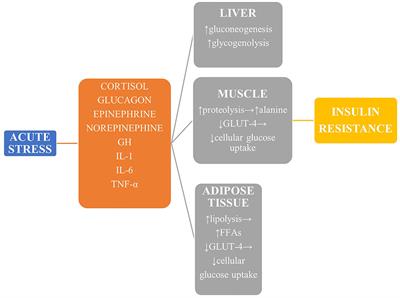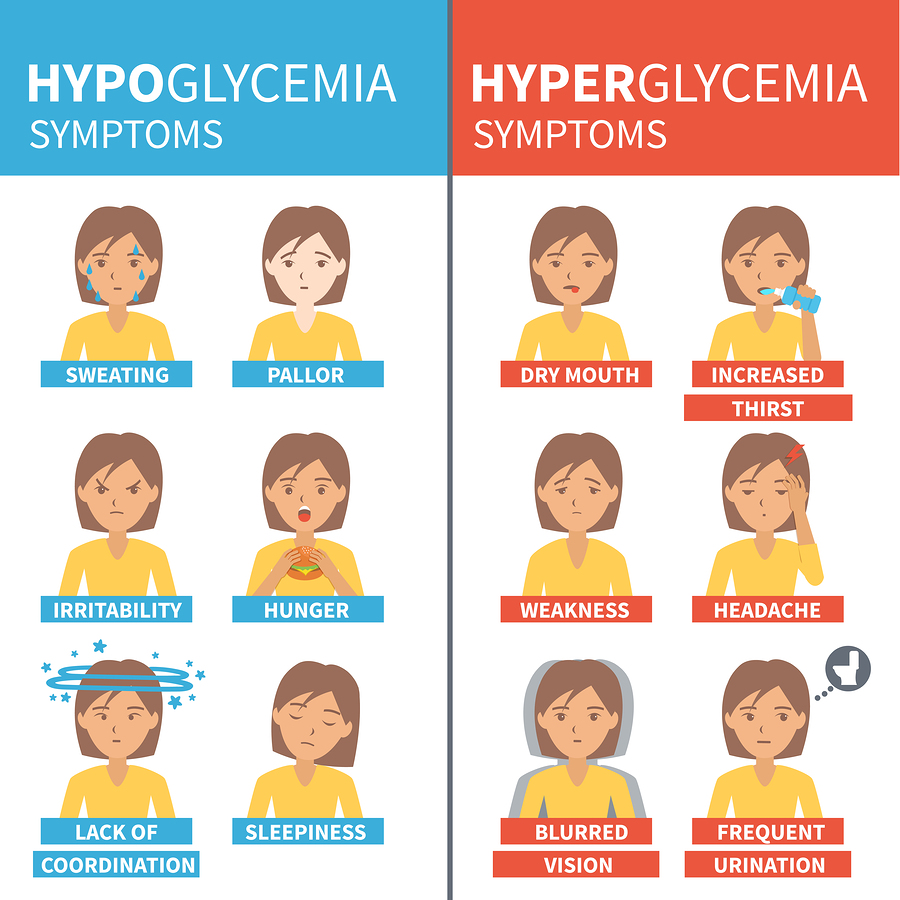why does hyperglycemia cause tachycardia Cardiac effects of hyperglycemia during the acute phase of myocardial
Have you ever wondered how hyperglycemia affects our bodies during critical health conditions? Well, let’s dive into this topic and discuss the cardiac and brain effects of hyperglycemia during specific health situations.
Cardiac Effects of Hyperglycemia during the Acute Phase of Myocardial Infarction
 When experiencing a myocardial infarction, commonly known as a heart attack, hyperglycemia, or high blood sugar, can significantly impact the functioning of our cardiac system. Studies have shown that individuals with hyperglycemia during this critical phase have a higher risk of adverse outcomes.
When experiencing a myocardial infarction, commonly known as a heart attack, hyperglycemia, or high blood sugar, can significantly impact the functioning of our cardiac system. Studies have shown that individuals with hyperglycemia during this critical phase have a higher risk of adverse outcomes.
During a heart attack, our blood vessels become restricted, inhibiting the normal flow of blood to the heart muscle. This restricted blood flow, coupled with high blood sugar levels, exacerbates the damage already caused by the infarction. Hyperglycemia during this phase appears to worsen the injury to the heart muscle, potentially leading to more severe complications and a longer recovery period.
Stress Hyperglycemia as Predictive Indicator in Brain Health
 Our brain is a vital organ that is highly dependent on glucose for energy. However, during stressful situations, such as trauma or surgery, stress hyperglycemia may occur. This temporary spike in blood sugar levels is believed to be a protective mechanism of the body in response to the heightened demand for energy.
Our brain is a vital organ that is highly dependent on glucose for energy. However, during stressful situations, such as trauma or surgery, stress hyperglycemia may occur. This temporary spike in blood sugar levels is believed to be a protective mechanism of the body in response to the heightened demand for energy.
While stress hyperglycemia may confer short-term benefits, prolonged periods of high blood sugar can have detrimental effects on brain health. Research suggests that long-term hyperglycemia may increase the risk of cognitive decline and neurodegenerative diseases, such as Alzheimer’s. Furthermore, it is thought to contribute to the development of cerebral edema, which is the swelling of the brain due to excessive fluid accumulation.
It is crucial to monitor and manage blood sugar levels during critical health situations to minimize the potential negative impact of hyperglycemia on cardiac and brain health. A comprehensive approach that combines medical interventions, lifestyle modifications, and personalized care can help mitigate the risks associated with high blood sugar levels.
Remember, maintaining a healthy lifestyle by incorporating regular exercise, a balanced diet, and stress management techniques can significantly contribute to overall well-being. If you or someone you know is at risk of hyperglycemia, consult with healthcare professionals to seek appropriate guidance and support. Together, we can strive for optimal health and well-being by understanding the implications of hyperglycemia during critical health conditions.
If you are looking for Brain Sciences | Free Full-Text | Stress Hyperglycemia as Predictive you’ve visit to the right place. We have 5 Images about Brain Sciences | Free Full-Text | Stress Hyperglycemia as Predictive like Brain Sciences | Free Full-Text | Stress Hyperglycemia as Predictive, Cardiac effects of hyperglycemia during the acute phase of myocardial and also Symptoms Of Hypoglycemia. Read more:
Brain Sciences | Free Full-Text | Stress Hyperglycemia As Predictive
 www.mdpi.comhyperglycemia seizures predictive recurrence febrile factor endogenous mechanism
www.mdpi.comhyperglycemia seizures predictive recurrence febrile factor endogenous mechanism
Frontiers | Stress Hyperglycemia In Children And Adolescents As A
 www.frontiersin.orghyperglycemia
Symptoms Of Hypoglycemia
 www.bloodsugarbattles.comhypoglycemia symptoms
www.bloodsugarbattles.comhypoglycemia symptoms
Hyperglycemia- Symptoms And Treatment - Diabetes Suport
howtoavoidgettingdiabetes.blogspot.comhyperglycemia treatment symptoms diabetes
Cardiac Effects Of Hyperglycemia During The Acute Phase Of Myocardial
 www.researchgate.nethyperglycemia myocardial infarction acute cardiac
www.researchgate.nethyperglycemia myocardial infarction acute cardiac
Hyperglycemia seizures predictive recurrence febrile factor endogenous mechanism. Hyperglycemia treatment symptoms diabetes. Brain sciences